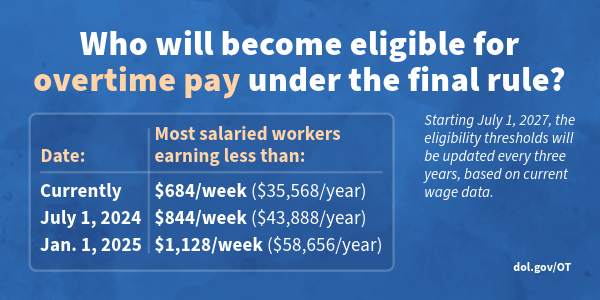Surprising no one, Arkansas Attorney General Tim Griffin is tapping the influence of the state to protect business owners from having to pay employees for all the hours they work.
Earlier this week, Griffin filed an amicus brief — basically a letter of support — for Texas’ bid to overturn a new Biden administration rule that would guarantee that more salaried employees get paid for extra hours they work beyond the standard 40. The rule change boosts the salary ceiling below which salaried employees would have to be paid overtime.
An estimated 4.3 million Americans would become eligible to be paid for extra hours worked under the U.S. Department of Labor’s new overtime rule, and they could expect to collect $1.5 billion in additional wages annually, according to an estimate by the Economic Policy Institute.
But that would be bad, actually? So argues Griffin in an amicus brief he filed in support of the state of Texas and the Plano Chamber of Commerce on behalf of Arkansas and 13 other red states: Alabama, Georgia, Idaho, Indiana, Iowa, Louisiana, Mississippi, Montana, Nebraska, Ohio, Oklahoma, South Carolina and West Virginia.
Get a load of this line from Griffin’s Wednesday news release about his amicus brief: “The new rule drives up costs for private businesses and forces state governments to increase budgets — hitting Americans’ pocketbooks twice.”
Whose pocketbooks is he worried about, specifically? Certainly not the masses of working people with low-to-middling salaries, who really should be paid extra for their overtime but don’t have the luxury of risking their jobs by pitching fits over it.
State employees stand to benefit significantly from the rule change. Nearly a third of Arkansas’s state employees make salaries low enough that they would have to be paid for any overtime they work.
From Griffin’s amicus brief:
“Indeed, the rule’s increase in the salary threshold hits States particularly hard because of the lower salaries they pay relative to the private sector. Where the rule affects approximately 15% of all workers, its increase in salary threshold captures 9,540 of the State of Arkansas’s 30,504 workers, or approximately 31% of the State’s workforce. …
[The change] would not only impose significant costs on the State in the form of
increased wages, but also, by preventing those employees from working over 40 hours in a week unless they are paid time-and-a-half, deprive the State of the benefit of the additional labor those employees otherwise would have performed.”
TLDR: We don’t want to have to pay state employees more, nor do we want them to work less.
An important distinction to keep in mind is that this federal rule change affects only salaried workers. Almost all hourly workers already must be paid overtime for extra hours. And the Fair Labor Standards Act includes all kinds of exemptions. Sadly, teachers still won’t qualify for overtime pay, even if their salaries fall below the minimum.
Before the latest rule change, the salary level at which employees priced out of overtime eligibility was set at $35,568. This Trump-era lowball figure was set in 2019. The new rule requires that the minimum salary be recalibrated every three years. Here’s a graphic the Department of Labor shared in April, explaining the update:

Call me a commie if you want, but this looks like great news. Especially considering that Arkansas’s median household income is $55,432, a total that often reflects more than one working adult’s wages.
Paying people for the hours they work is the decent thing to do! President Franklin D. Roosevelt thought so in 1938, when his administration established the Fair Labor Standards Act, which set the first minimum wage, outlawed excessive child labor and guaranteed time-and-a-half pay for time worked beyond the 40-hour mark.
Of course, the Mr. Burnses of the world are none too pleased, and have sent minions like Griffin into the fray to protect the interests and assets of the wealthy and powerful.
Arkansas Republicans have been gunning for labor protections for decades, so their resistance to paying overtime is no surprise at all. Remember in 2023 when our state lawmakers rolled back child labor protections in a play to feed more cheap workers to cheapskate employers, no matter that the kids’ educations will suffer?
It’s hard to understand why voters in such a poor state elected an attorney general willing to battle in the courts to keep us poor, all so well-to-do business owners can continue to hoard more money for themselves. Am I missing something here?
